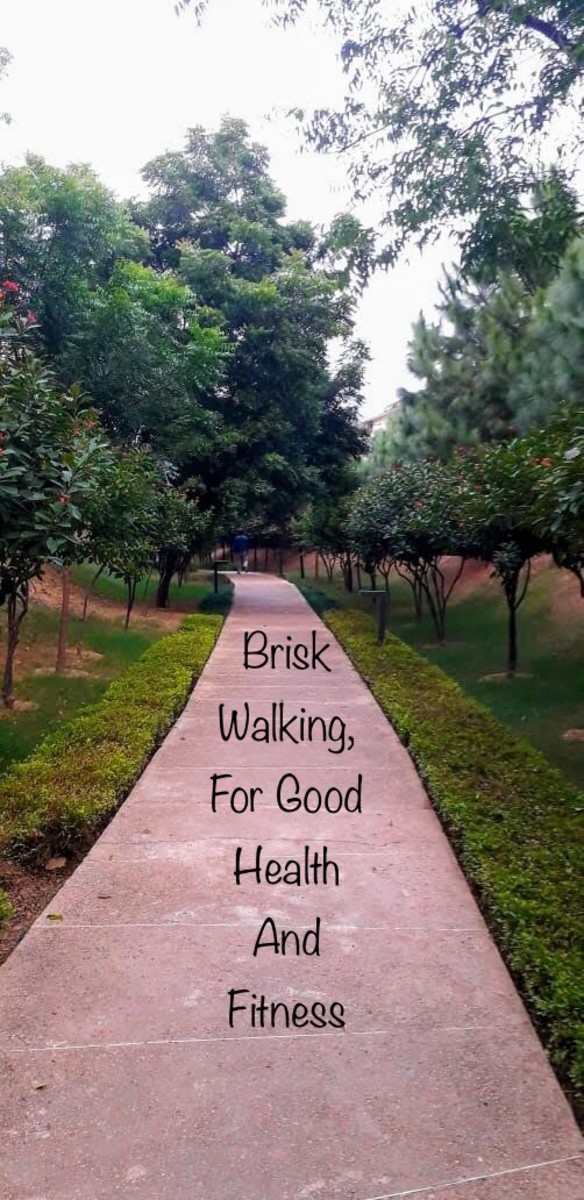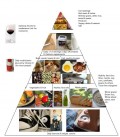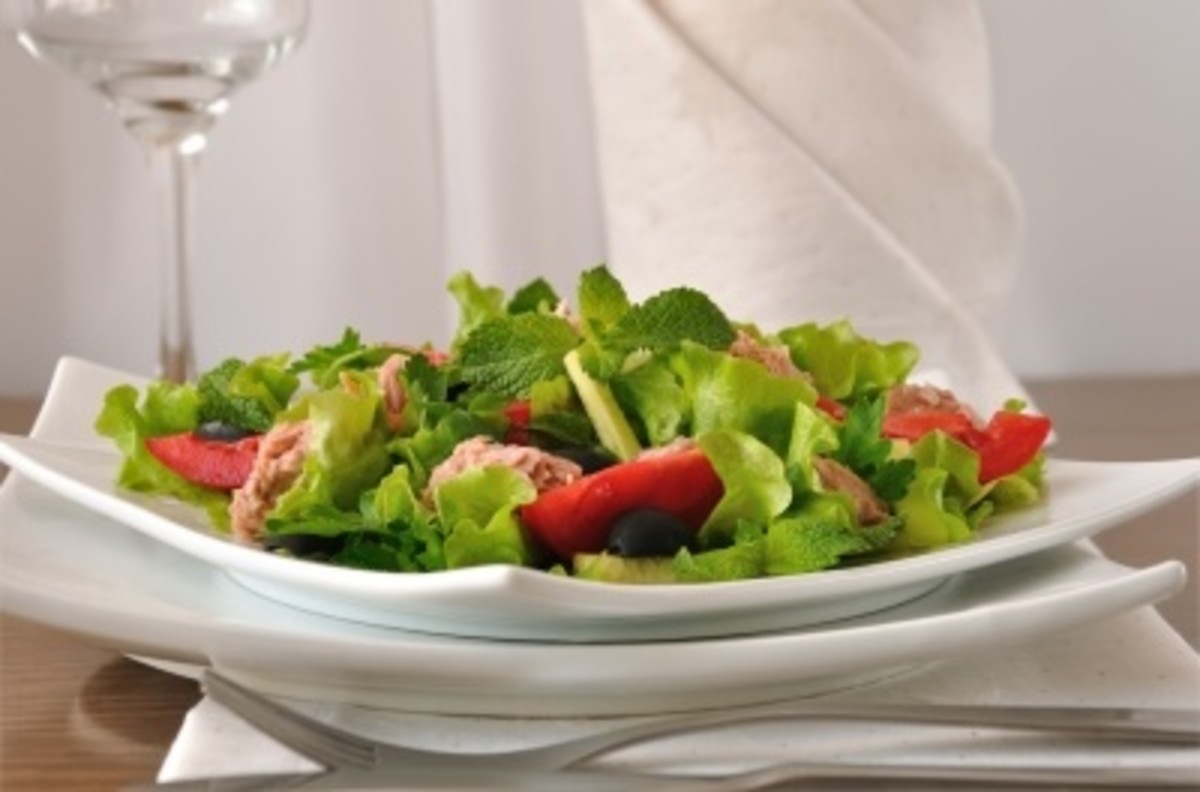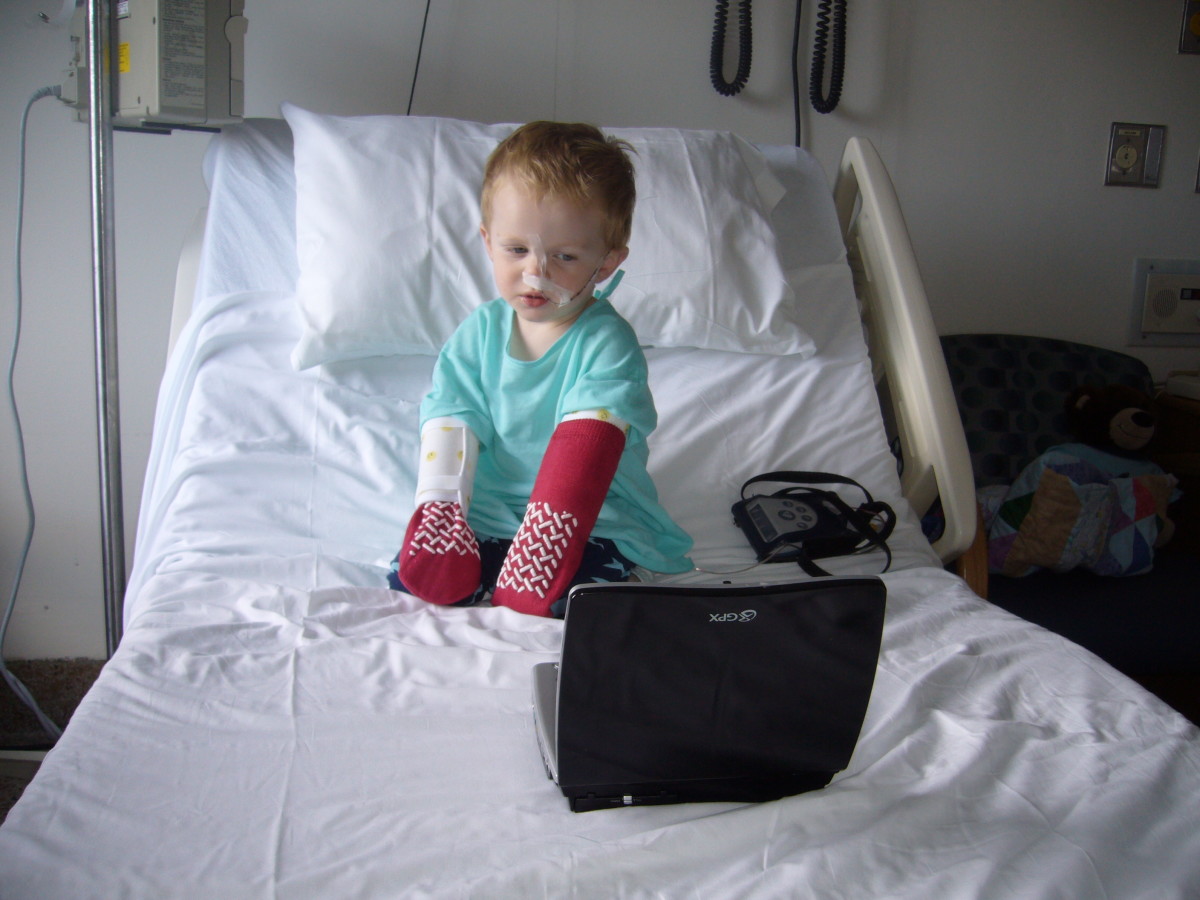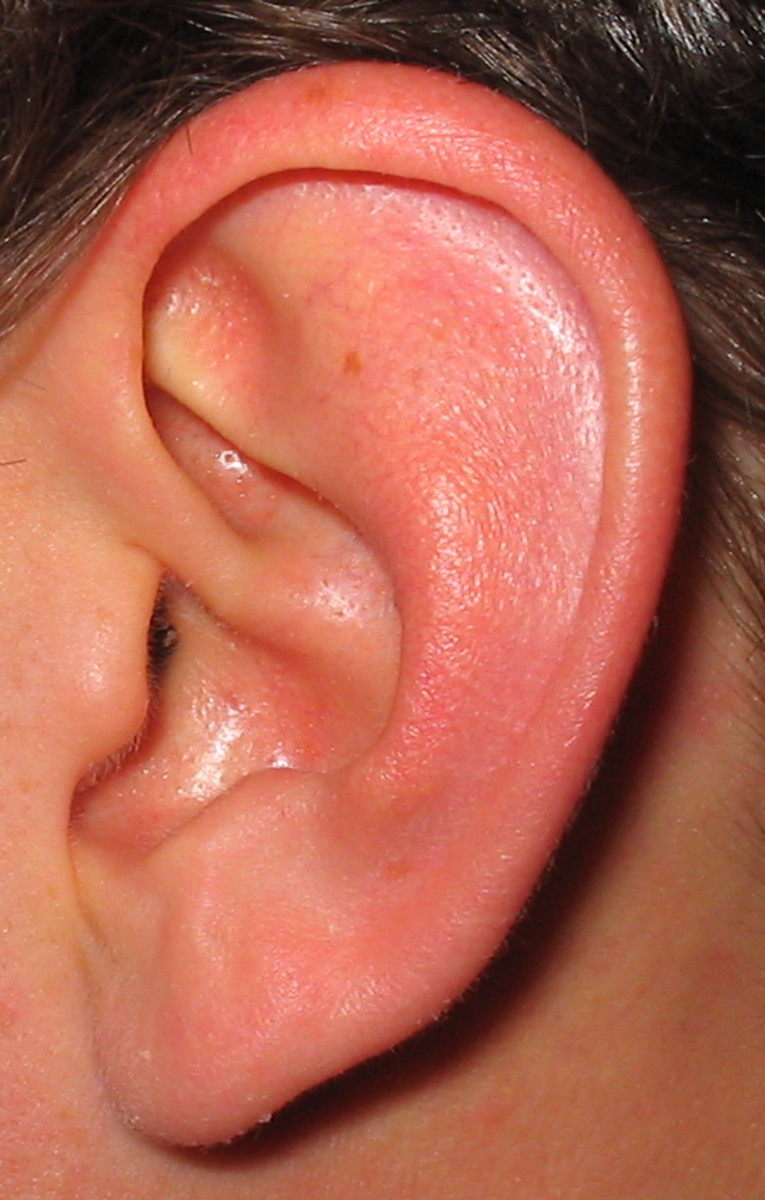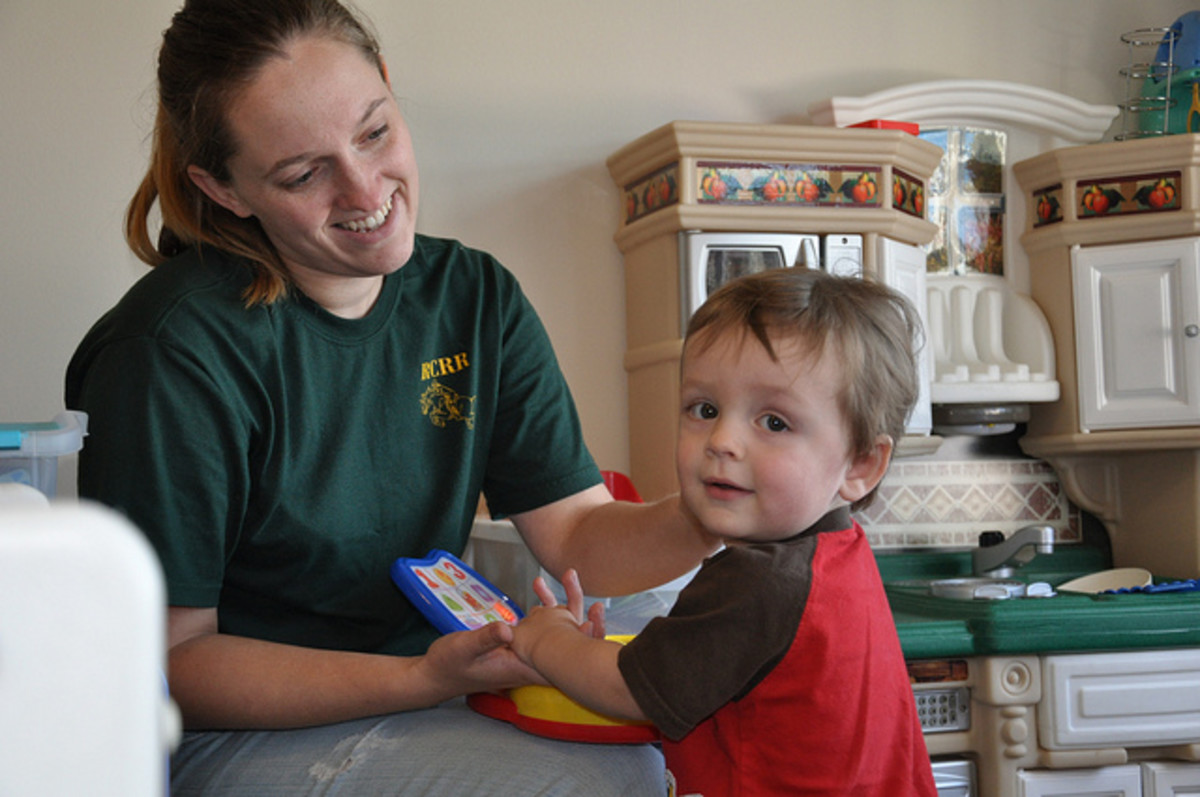How To Teach Our Children To Be Fit And Healthy
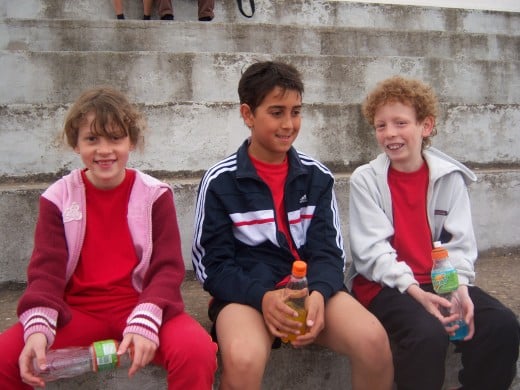
We must teach by example....
We all like to think of our children as fit and healthy, but are they really? Are we doing the best we can to encourage them to have healthy attitudes, when it comes to diet and exercise? It is so important for us to start teaching our children from when they are young, or even better from when they are babies, how to be lead healthy life, that way it becomes a natural way of thinking and being for them.
What is important for us to remember is that our children now will be the adults of the future and that is why it is so important to encourage a healthy lifestyle and attitude from a a young age. Wouldn't it be good if obesity and all the ailments and diseases that go along with being obese were a thing of the past? In an ideal world that would be great, but in all reality that probably isn't going to happen and that's mainly because us adults aren't truly honest about how much exercise we take or what we eat and drink or the actual amount we consume through out the day. All the while our children are watching and learning from us, they have a knack for learning all the bad things without much encouragement - if only the same were to be said about their school work!!
We must teach by example....
If our children see us adults leading a healthy-ish lifestyle, then they will follow suit because it won't be something we are telling them to do and not, not doing ourselves, but something that we practice as well as preach about. We have to bear in mind also that children don't like to stand out from the crowd, so to get all of our children fit and healthy would mean that all adults would have to lead healthier lives and that would lead to a healthier population. That also would only ever happen in an ideal world, I know, and probably not in reality, but that notion shouldn't prevent us from trying our best after all we all want our children to be fit and healthy, even if it's not at the forefront of our minds all the time.
Our childrens health is important, as is the health of all of us, so read on and hopefully you'll pick up some tips on how to encourage your children to adopt a healthier lifestyle.
Recommended books to help you help your children eat more healthily....
This link will give you the recommended calorie intake of children, depending on their ages....
- Nutrition Guidelines for Children
Dietitian, Juliette Kellow explains good nutrition for kids including the recommended daily calorie intake for children, vitamin and mineral needs and salt requirements.
Attitude towards food....
The amount we eat....
We must eat to survive, that's a fact, but we don't need to constantly over eat to survive. Our bodies only need a certain amount of food to convert into energy for it to be able to function and people will need different amounts of energy depending on how active they are.
It's rather similar to a car, if you drive your car daily then you'll have to fill it up with fuel more regularly than if you don't drive it daily. What would happen if you tried filling your cars petrol tank if it didn't need fuel? It would over flow. The extra food we stuff into our mouths, that our bodies don't need, can't over flow like the petrol from our cars but what does happens is that our bodies convert this extra 'fuel' into fat. So the more we overeat the fatter we get, it's just basic maths.
Getting fat can be easily avoided by not constantly overeating, but we need to practice this ourselves before we can start to teach this to our children. We can eat the healthiest balanced diet in the world, but if we eat too much we will get fat. So it's not just about what we eat, but how much we eat and that is where portion control comes in. It helps not to have huge dinner plates,, that way they still look full with less food on them and it's a good habit to wait a while before having a second helping, that way our brains have time to register that our stomachs are full and that we don't actually need anymore food.
What we eat....
Then there is the subject of good wholesome and healthy foods. A healthy diet is a balanced diet and that, in my mind, is the only time the word 'diet' should be used in our language - to describe the type of food we eat daily and not as a reference to cutting food out in order to loose weight, how many young people go on 'diets' to loose weight? It is a most unhealthy word in that context.
We know that it is recommended that we consume at least five portions of fruit and vegetables daily and that can be easier said than done sometimes, but with a little encouragement and with us setting a good example it can be done. We must eat a varied range of foods to have a balanced diet. It's good to get our children used to eating wholegrain and brown food from a young age. If we start getting them into the habit healthy eating from babies then it shouldn't become a problem when they are older. There will be some types of food they won't like and if it is only the odd thing and not a whole food group then it's not a problem and we shouldn't make it so.
Don't stop them enjoying a biscuit or two or a reasonable sized bag of crisps or whatever junk food they fancy sometimes, but teach them why that is enough. Tell them that eating a whole packet of biscuits or a huge bag of crisps or whatever it may be, isn't good for them and tell them why, tell them it's too much and they really don't need it. I've tried to teach my children to think about why they want the extra food - is it because they are genuinely hungry or do they want a junky snack or a second helping of food because they fancy it, there is no right or wrong answer to this question I just want my children to acknowledge why they want something and for them to know that is why they are eating it. There is nothing wrong with fancying and eating a bit of junk food or a second helping at dinner sometimes, just as long as it doesn't become a habit and is kept to a minimum. As I keep stressing it is what we teach our children, if they see us sat every night munching through a huge bag of crisps and washing it down with a litre or two of fizzy drink then they will think that it is okay for them to do the same.
We must also except the fact that when our children are older we have less control over what they eat, but hopefully by then we've taught them well and they won't stray too far from a healthy-ish diet.
Some books for fitness ideas for children....
Being active....
It's not just food that is important to our health and fitness or that of our childrens. We also need to be active and take a certain amount of exercise. That doesn't necessarily mean joining a gym or the local running club unless that floats your boat. It can be as simple as taking a brisk walk - brisk walking should raise your heart rate and bring on a slight sweat - for half an hour at least five times a week for us adults or an hour of being physically active every day for a child.
We also rely on our cars far too much, if we need something from the shop we should walk not drive. If the childrens school is within walking distance walk then encourage them to walk to school, when they are too young to walk on their own, then that may mean walking with them or making a plan with other parents to take turns in chaperoning them too and from school. The children will soon learn that it is normal to walk and not jump into the car. We must encourage our children to take part in sports and physical activities they enjoy, emphasis should be on the taking part and making friends and not so much about being outstandingly good. Life isn't about being the best all the time and not all children are good at sports, I have one child who could be good but really isn't interested and one child who is totally hopeless at sports, but really enjoys having ago and that is what it should be about, doing something they enjoy.
Taking our children down to the local park for a kick around with a ball or to toss a frisbee will get their hearts pumping. Looking for interesting shells or pebbles on a beach will get them active too. Take a family cycle if it's possible. Go swimming together. Just get outside together and have some fun.
We should be taking ten thousand steps a day to keep us fit and healthy and that applies to our children too. Todays generation of children aren't walking and running as much as they should, which means that their bones aren't becoming as dense as they should, which in time will lead to all sorts of bone problems and diseases when they are adults. If we want our children to be fit and healthy when they are older they need strong bones. How many old people take a fall and break a bone which takes forever to heal or maybe they even loose their independence because they become too frail to look after themselves after breaking a bone? Those numbers will rise if we don't teach our children to be active now as their bones won't be as dense as they should be.
Again it has to be a case of us adults leading by example, if we want our children to be physically active then we must be too. It can only be a win - win situation. Our happy, healthy, physically active children can grow up to be happy healthy and physically active adults with our help. It is possible!!




